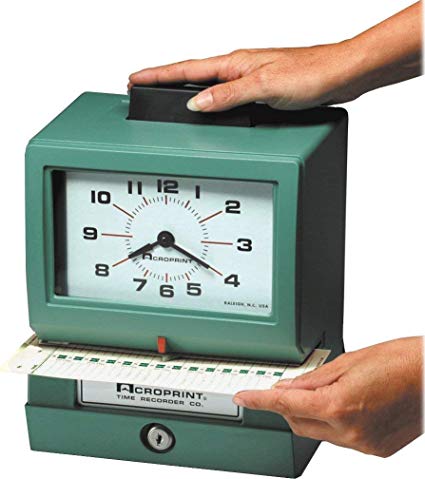I’ve spent the last few days reading farewell columns written by superb journalists — close friends and acquaintances, personally and professionally — as they accept retirement offers from our former employer, a media giant. Many of the retirements came earlier than my friends or I expected, and some of us are rewiring more than retiring.

I continue to insist that, for now, the only retirement I’m considering involves Michelin or Goodyear treads.
The farewell columns share a common theme: It’s been a great career, and here are some of the highlights.
Journalists have a lot of amazing memories, because we’ve been there.
Political conventions and town councils. Super Bowls and high school gridiron rivalries. Broadway and the Broad Street Players. Rolling Stones and forgettable tones.
There’s not
I’ve had dozens upon dozens of seats on the aisle at plays and concerts. I’ve dined with celebrities, seen movies’ world premieres, ridden Kingda Ka eight times before paying customers got their first whoosh.
Sweet.
So, of course, when we look back, journalists have a lot to reminisce about, a lot to wish we weren’t leaving behind.
We got to meet Christopher Reeve, Margot Kidder and Gene Hackman. Mighty Max, Clarence and Bruuuuce. Bernie and Cory.
We got free meals, Hilton points and air miles on the company dime, conventions and conferences we needed passports to attend.
Really sweet.
But please remember — and this is important — we did it for you. We were your eyes and ears and noses and sometimes your scorched cheeks, covering accidents and fires and robberies and trials and political events where your tax dollars were being allocated.
We celebrated your births and engagements and weddings. We cheered your Halloweens and New Years. We helped bury your dead.
We met with grieving parents to learn about their children’s lives, cut short. We tried to make sense of terrible diseases afflicting old and young.
You didn’t have to be there, because we were.
There are fewer of us now, continuing a spiral of attrition that some folks simply, glibly call the death of newspapers. But there are fewer of us in magazines and TV and radio as well. Fewer eyes and ears and noses and cheeks to represent your interests. Fewer of us to kick over the rocks that snakes and cockroaches hide under. Fewer of us to shine a light into dark corners, to use that antiseptic sunlight on your behalf.
Every one of those beautiful, bittersweet farewell columns signifies loss. Loss of the best career I or any of us could have imagined for ourselves, yes. But loss, mostly, for those who still need the news, even if they don’t realize how much they do.

